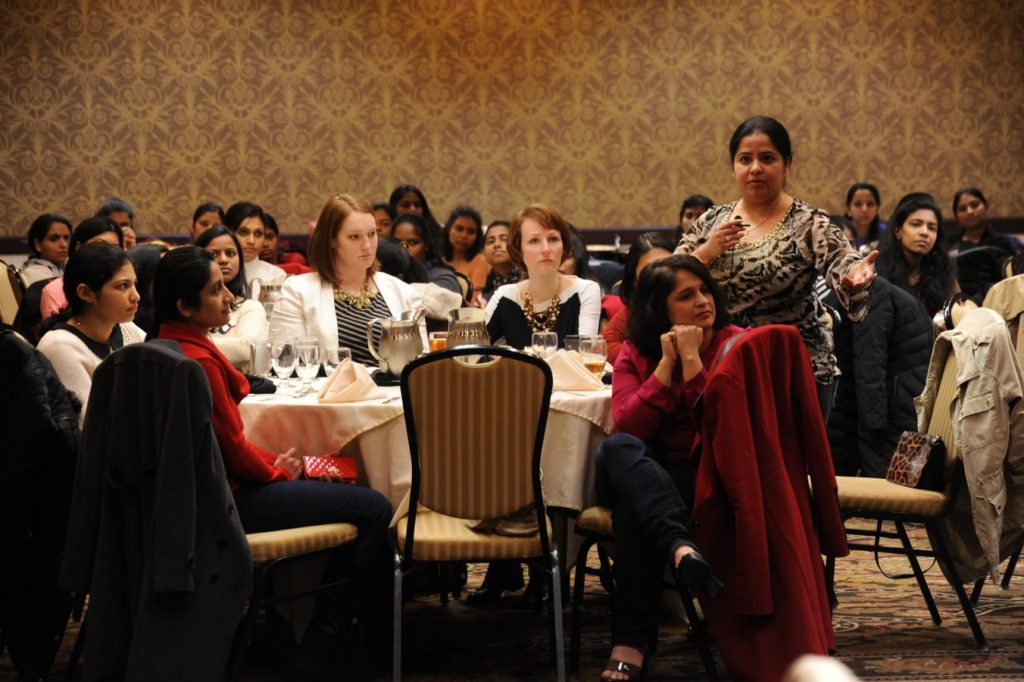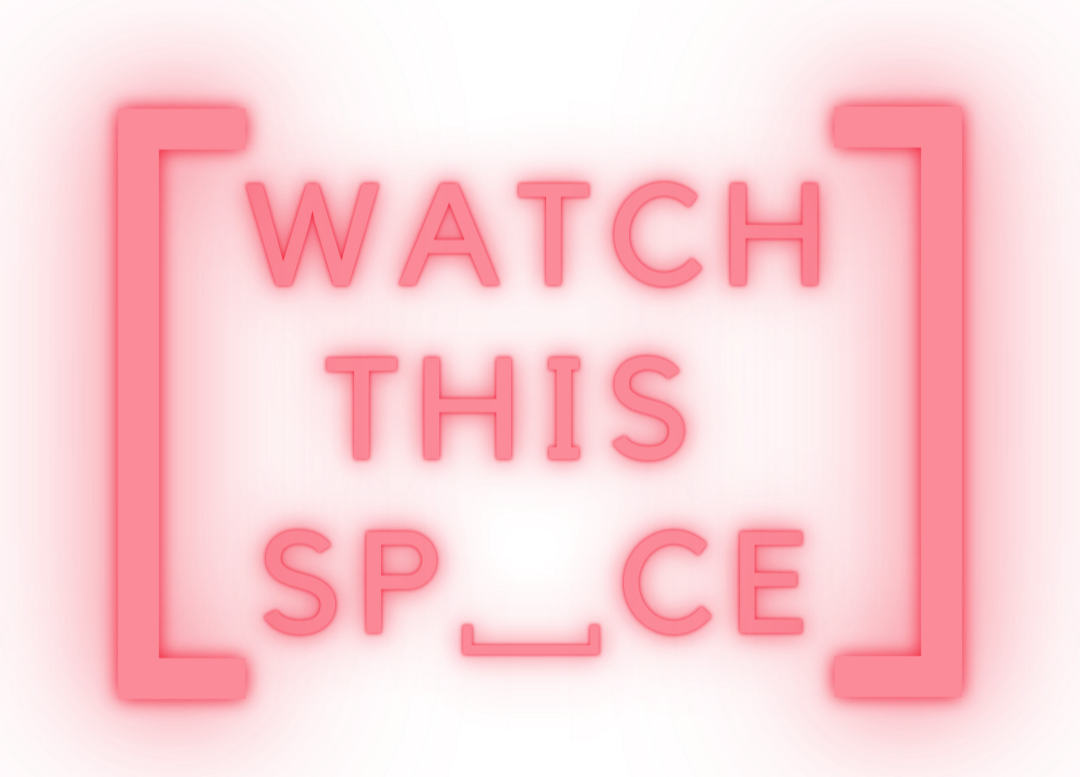When the Black Lives Matter protests were at the forefront last summer, there were a lot of people asking what they can do, and saying how terrible they felt about it all. There were black squares posted on Instagram, there were social media photos, posts and book lists exchanged. But what has happened since then? Have all those people taken actions, driven change, and made a difference? Or have those people moved onto the next thing? And when we think about all the people who are discriminated against, how can you be a genuinely powerful ally to them?
Ways you can be a powerful ally
Meaning not marketing
To drive change, and greater inclusion, we need a wide range of people to be involved and take part in the conversations that matter. That participation needs to be purposeful and not about your own marketing and self-promotion. There are many women’s groups who questioned the blaze of publicity for international women’s day. There were brands who turned their logos pink, while perpetuating gender pay gaps and discrimination. The same can be said about many of the conversations that matter. Like those companies who posted black squares on Instagram and used the #BlackLivesMatter hashtag. To be a powerful ally means to commit to driving meaningful change. This is not about attention for your brand and self-promotion.
Pass the mic
One of the most powerful ways you can be an ally is to pass the mic to under-represented people. Instead of holding the spotlight for yourself, think about how you can help someone else take centre stage. If you see a conference line up where all of the speakers are from dominant groups, think about pointing it out. If you are in a privileged position and you are asked to do something, but know you can help someone by standing aside, then do that. Pass the mic to someone who could really benefit from the spotlight. And if you’re responsible for any projects, for hiring or for selecting people for teams, think about selecting people who would usually not get that opportunity. This is your part you can play in this to help people.

Listen and learn
To become a really powerful ally means to be well informed. There are books you can read, podcasts to listen to, films to watch, and blogs to read. All of this involved learning so that you can help people, and have conversations about difficult subjects. And when people talk to you about their stories of their lives, of discrimination and prejudice, make sure you listen carefully. This is not a time to talk over people, and interrupt with your own story. It’s about listening and learning to the things that people are talking about.
Become comfortable with uncomfortable
So many of the conversations about diversity and inclusion are about difficult subjects. And that means the conversations are likely to be uncomfortable. Being a strong ally means understanding your own privileges, your biases, and accepting that there are difficult subjects to tackle. It involves listening to feedback about your own actions. This involves feeling uncomfortable. We all have to accept that we need to have these difficult discussions and conversations so that we can move forwards. If you want to be a powerful ally, then accept that it’s not going to be an easy discussion. Sit with the uncomfortable feelings and think about how you can help people and drive change.
Be active
Being an ally is not a passive activity. The strongest allies are active. What does that mean? Well, it means calling out behaviours and language that are not inclusive, or worse, things that, are discriminatory. If you hear racist comments, sexist comments or witness behaviour you know is discriminatory. What do you do? Do you quietly ignore? Or speak up, or actively oppose? Being active means actively campaigning and being vocal. It means taking actions that can help drive change. And none of this is passive. Silence when you see exclusionary behaviour allows it to continue. If you see someone is distressed by language or a situation then help, call it out, report incidents. Take all the actions you can to actively support people who are being discriminated against.
Consistency is crucial

With all of these actions and things you can do, consistency is absolutely crucial. There’s no point in taking action some of the time, but letting other things go. Have you been in situations where you should have spoken up or taken an action? It’s by doing these things consistently that we drive collective change. And that’s going to take everyone consistently calling things out, and making tangible changes.
Think about whether you are including everyone in things you do and actions you take. It’s easy to talk to an echo chamber where everyone agrees with you. It’s much tougher to do those things in spaces where there are more people who are using exclusionary language or behaviour.
And for organisations, allyship means driving consistent change and tackling the difficult subjects. Making different decisions and addressing the things that perpetuate discrimination in the organisation. These are challenging discussions to have, and this work requires careful preparation, learning, and lots of ongoing work to make changes stick.
If we can help you, or your organisation look at how to become better allies, email hello@watchthisspace.uk
We run individual coaching, training courses and workshops to help you have the conversations that matter to drive change.
